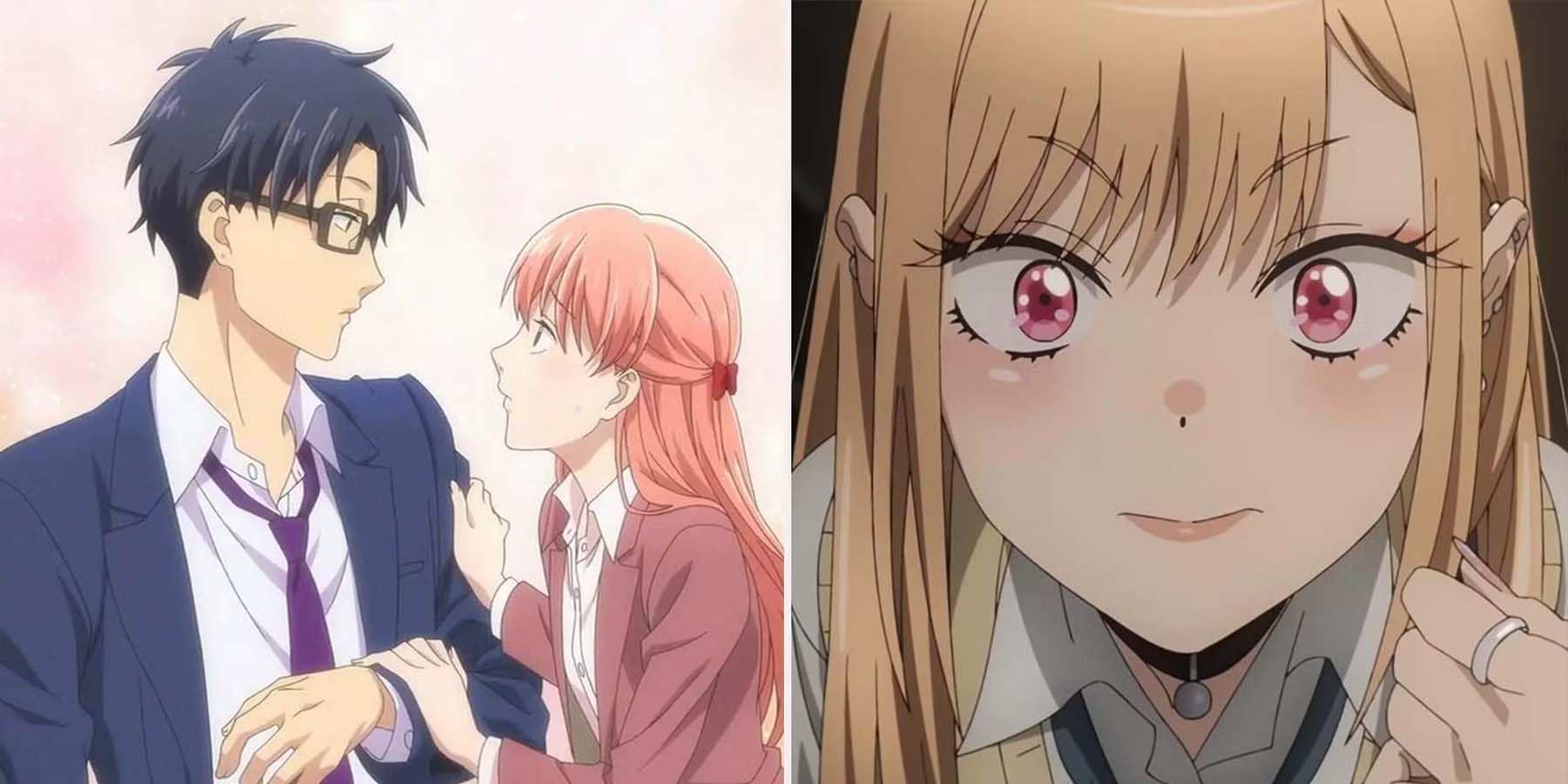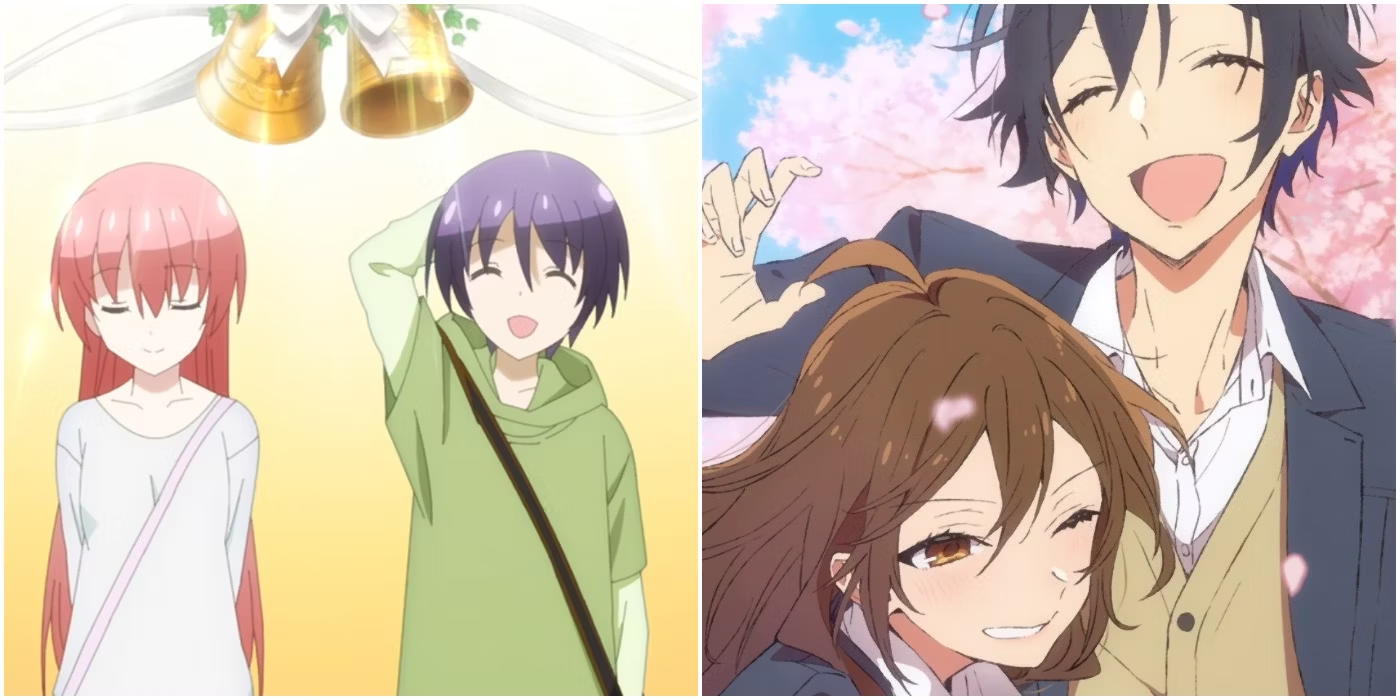A recent comment from a U.S. health advisor has ignited controversy across anime communities worldwide. Speaking at a youth health panel, the official described anime as “the new cigarette,” arguing that excessive viewing may lead to emotional dependency, fantasy obsession, and social withdrawal. The claim quickly spread online, stirring widespread debate and sparking fierce backlash from anime fans.
The official cited rising concerns around dopamine-driven content habits, particularly in teenagers and young adults. While anime was singled out for its immersive narratives and “hyper-fantasy environments,” critics immediately pushed back. Fans, mental health experts, and creators accused the advisor of exaggeration and cultural stereotyping, especially given anime’s wide range of genres and its growing educational and artistic relevance globally.
Backlash and Fan Reactions

Twitter and TikTok were flooded with reactions under trending hashtags like #AnimeIsNotAddiction and #OtakuRights. Many fans highlighted the double standard in blaming anime while ignoring Western binge-media habits like reality TV or social media scrolling. Creators also expressed frustration, noting how such remarks dismiss the emotional resonance and storytelling that anime offers to millions worldwide.
Some viewers acknowledged that any form of media can become a problem when consumed obsessively. However, they stressed that pathologizing anime alone reflects outdated biases against Japanese media. Professionals also noted that no scientific evidence supports singling out anime as inherently more addictive than other forms of visual storytelling.
Broader Discussion on Media and Health

Experts emphasized that addiction stems from behavioral patterns, not specific content types. The American Psychological Association has not classified anime as addictive. Instead, conversations around screen-time and media health should include all genres and platforms. Singling out anime, they argue, risks feeding moral panic rather than addressing genuine youth wellness concerns.
This isn’t the first time anime has been scapegoated. Over the years, it’s been wrongly linked to everything from violence to loneliness. Yet research consistently shows that the anime community offers many fans a sense of belonging, creativity, and comfort—especially for those struggling with isolation or mental health issues.
Also Read: 12 Underrated Anime Series That Deserve More Love


















